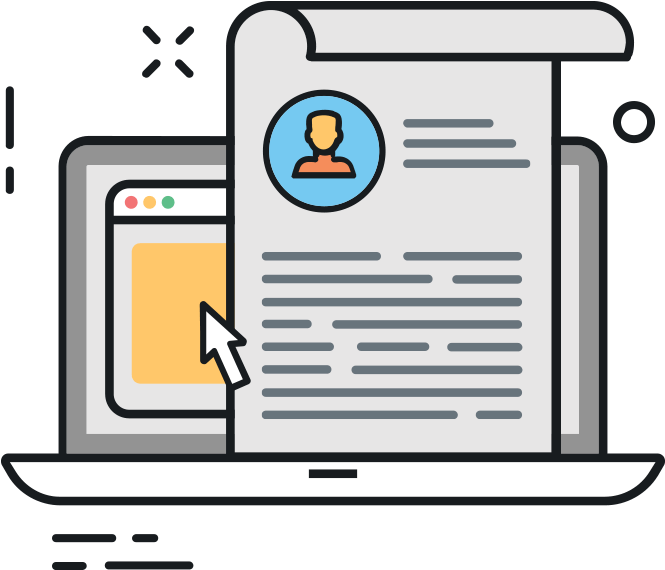
Why Everyone Should Learn to Code

Most people assume coding is something only programmers or geniuses can do. However, the fact is anyone can do it and there are several advantages of learning programming or coding.
Here are five reasons why everyone should learn to code.
Five Benefits of Learning to Code
Expand Your Skillset
If you can code, you have an important skill that, even if not directly, can help you in your career. It can help you understand aspects of technology more easily than your non-coding colleagues, making you more valuable as an employee. It is quite amazing how useful coding can be in a variety of professions that seemingly have nothing to do with IT or software programming. You could be a copywriter who knows HTML, CSS and JavaScript or a photographer who could build your own portfolio website. Alternatively, you could be an accountant who can put together a mobile app or create a subroutine to automate parts of your work. Whether directly or indirectly, learning how to code can be beneficial to you in your professional life.
Enhance Your CV
There are several professional roles that historically didn’t need any knowledge of coding. However, we live in a digital world and the role of technology is forever growing. As a result, there are several professions where knowledge of coding could make you a better prospect than a non-coder with the same qualifications. For example, most small companies would prefer a person who can take on more than one role or at least assist colleagues when needed. If you can be that person, you are more likely to be employed by them.
Create More Job Opportunities
With proficient levels of coding literacy, you could supplement your income with freelance opportunities. These can be a good way to generate additional funds during your free time. Additionally, in times when jobs in your own field may be scarce, you could look for roles that require coding. This gives you a larger pool of opportunities to rely on.
Improve Logical Thinking and Problem-Solving Skills
Most people think coders spend a large part of their time rapidly typing away on a keyboard. The reality is, coding involves more logical thinking than inputting complex commands. As a coder, you first need to understand the problem and break it down. Each line of your program performs a function, so you need to think about it logically and plan carefully before you start programming. The result is that you develop the habit of breaking down complicated tasks into simpler components and resolving them. Whilst earlier you might have been overwhelmed by a seemingly unsolvable puzzle, you now start to drill down into the heart of the matter in smaller steps. Often, you might even find that what people are considering a problem is not the real issue, allowing you to look beyond the symptoms and focus on the bigger picture. As a result, you are more likely to come up with creative, yet effective, solutions.
Communicate Better with IT Teams
Whilst there is a possibility that learning to code could supplement your professional skills, it is equally likely that it has no bearing on your day-to-day job whatsoever. However, in addition to being a fun and productive hobby, coding literacy is also helpful at improving communication with IT teams. As you become familiar with technology, you are better able to understand technology problems and communicate them more effectively. This means you spend less time trying to make them understand your problem as you can ‘speak their language’. It may also mean that your problem gets resolved faster.
Conclusion
As you can see, there are several benefits of learning to code. It may, directly or indirectly, enhance your professional life. Or, alternatively, it might just end up being a fun pastime that allows you to see and interact with the world differently.
Comments
No comments made yet. Be the first to submit a comment
By accepting you will be accessing a service provided by a third-party external to https://www.websitemonster.in/

